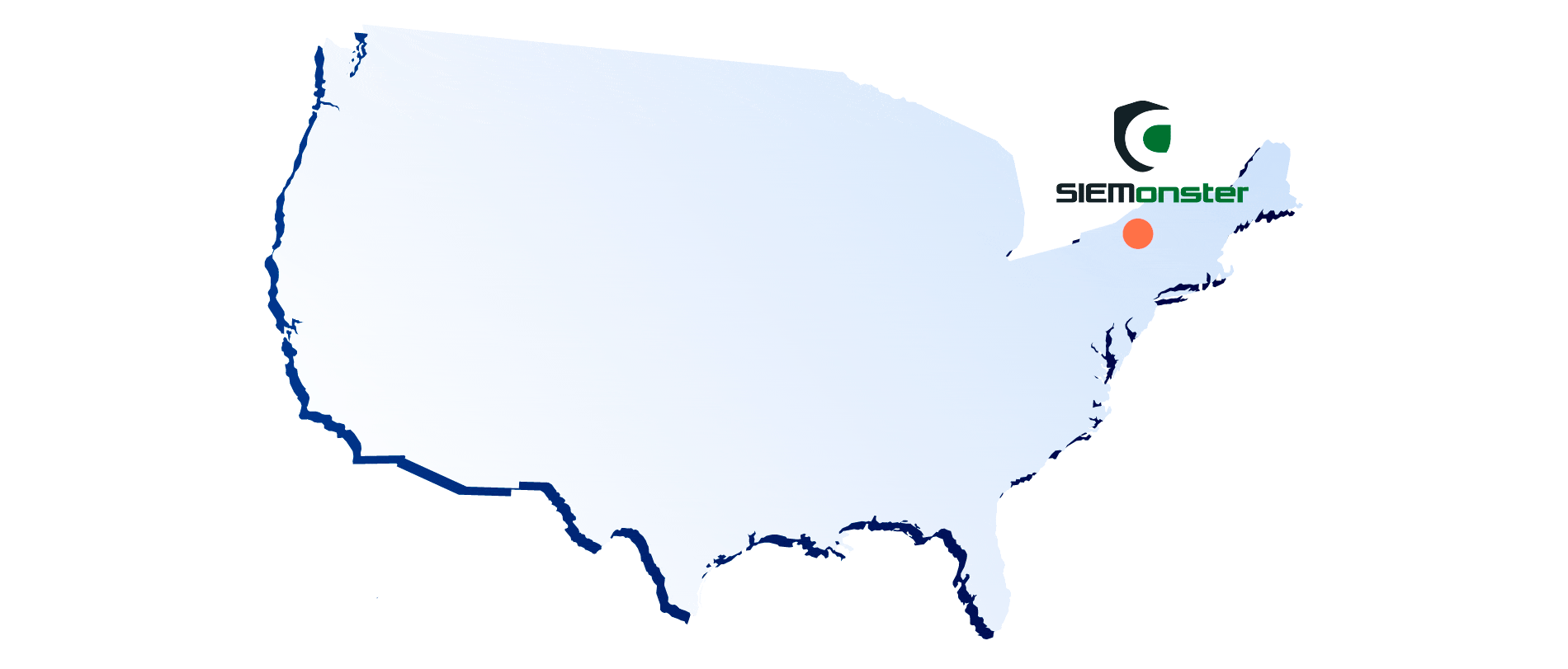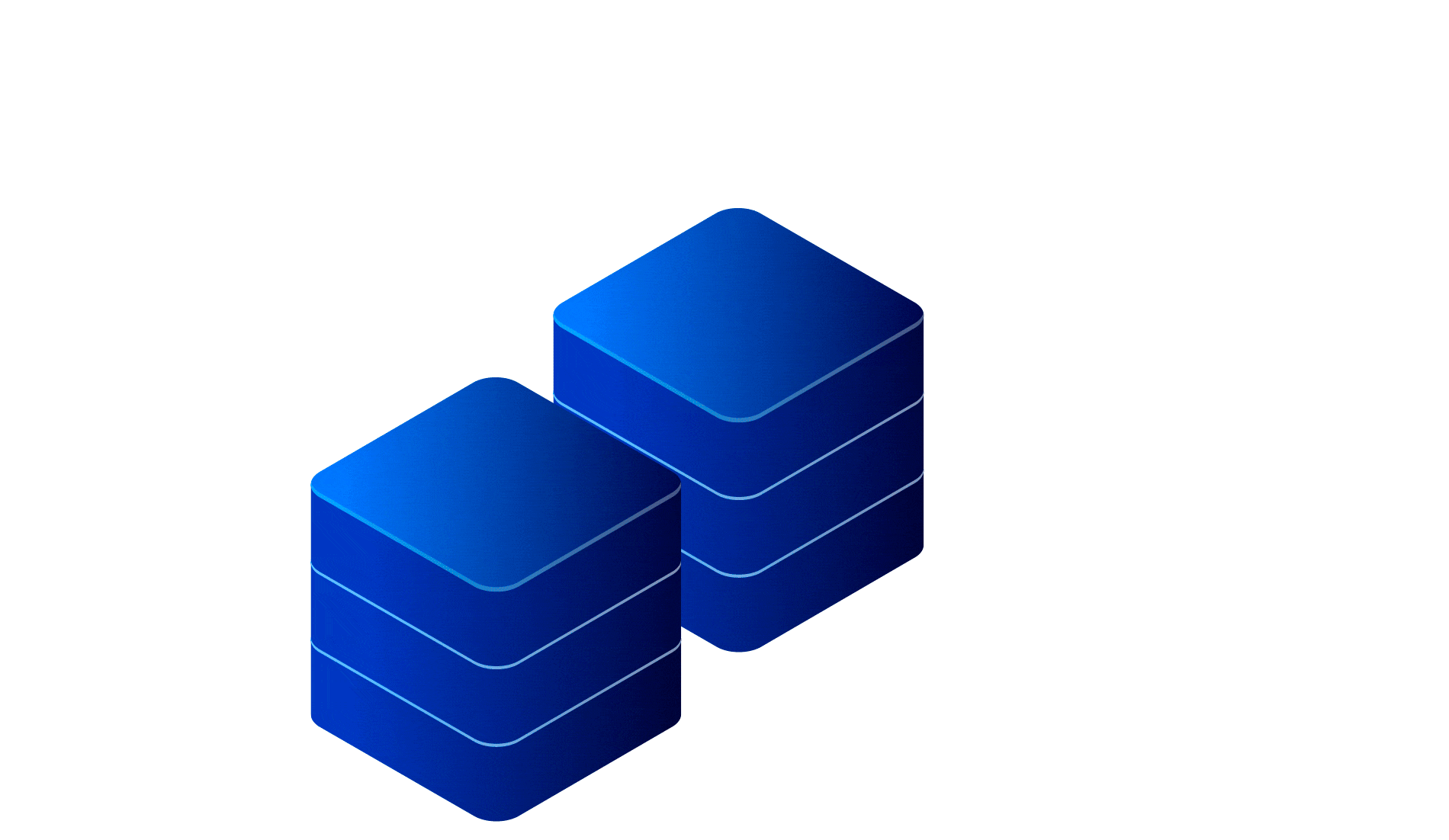Rancher to Tectonic Migration
IT Svit received a request to assist with moving an enterprise SIEM (security information event management) system from Rancher to a Kubernetes deployed at Tectonic, a commercial Kubernetes+CoreOS platform. The SIEM solution consists of multiple components — open-source Docker applications. We had to prepare pipelines for app deployment to various platforms and environments.
Case info
Location: New York, USA
Industry: Enterprise cybersecurity
Partnership period: May 2019 – ongoing
Team size: 1 Team Lead, 1 DevOps engineer
Team location: Kharkiv, Ukraine
Services: App containerization, cloud transition, CI/CD and monitoring implementation
Expertise delivered: App containerization, cloud infrastructure management and optimization, monitoring and alerting implementation, CI/CD configuration
Technology stack: Tectonic, Kubernetes, AWS, DigitalOcean, Azure, Google Cloud, Docker, OVA, VirtualBox, VMWare, HyperV
Project requirements
The project roadmap included such points:
- Create Docker images and dockerfiles for all system components:
– ELK stack with SearchGuard;
– front-end web app for interacting with all components;
– RabbitMQ message broker;
– Hipe for alerting;
– Grafana/Prometheus for monitoring;
– Minemeld for threat intel aggregation;
– Dradis for threat assessment;
– Opmantek for a security audit. - Design high-performance environments for various hosting platforms with the following features:
– High-availability
– Failover
– Fast response times
– Optimized for deployment
– Stateful deployment for Elasticsearch data nodes
– CI/CD deployment pipelines
– Autoscaling
– Monitoring tools
Challenges and solutions
The customer provided a detailed explanation of the way the app works and all interactions and dependencies between its components. This allowed IT Svit DevOps engineers to mindmap and visualize the application’s operation process quickly. As a result, the task amounted to preparing scenarios for automated deployment and configuration of a Kubernetes cluster to various hosting platforms.
Using our extensive expertise with AWS, Google Cloud and DigitalOcean we were able to prepare scenarios for single-cluster and distributed setups with them, as well as with Azure and various VM platforms and bare metal servers. We also provided the tools for monitoring the system in production and detailed developer documentation on platform installation and configuration.
Results
The customer received scenarios for the error-free automated deployment of their platform to a variety of hosting providers. This allowed them to greatly increase their target audience and lower the learning curve of their product.
Conclusions
While helping the customer meet the expected business goals, our team has once again shown the in-depth understanding of app containerization best practices and configuration of scalable, secure, highly-performant and cost-efficient environments on various cloud platforms.


